Australian Government Excellence in Sustainable Farm Practices Award
The Australian Government Excellence in Sustainable Farm Practices Award is presented to an individual, group or organisation that has demonstrated excellence and leadership in implementing integrated land management practices to a farm property or properties that protect soils, water and vegetation.
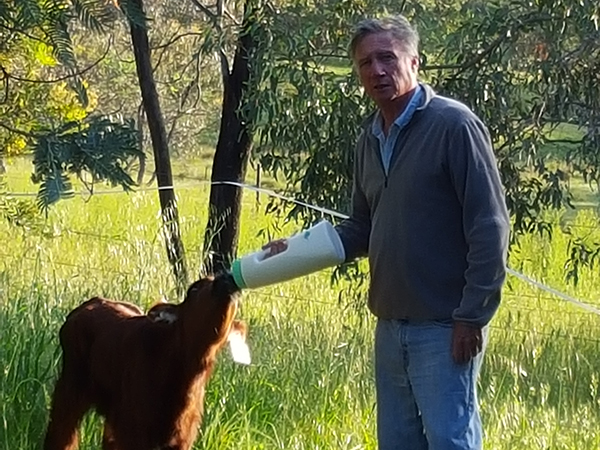
David Boorman, ACT
David’s weed containment and advocacy work has won him the respect of local farmers and ACT policymakers over the last 25 years.
Through comprehensive spraying to eradicate African lovegrass, he has preserved the grassland diversity on his 474-hectare property at Cypress Springs.
David’s methods preserve native plants rather than destroy them.
His on-ground work has been complemented by a commitment to sharing his experience with other farmers; running workshops around the state and the Paddy Rivers district talking about best practice.
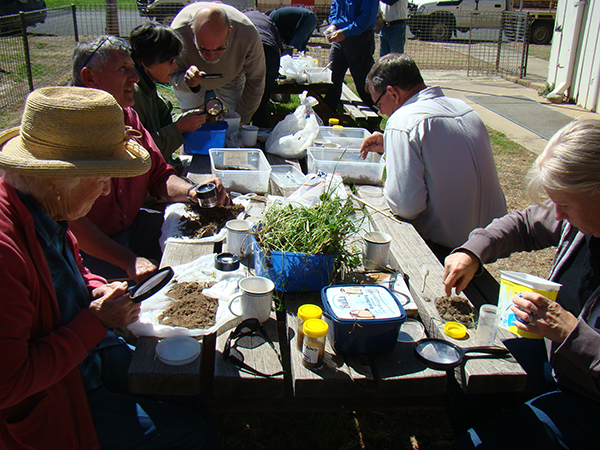
Murrumbidgee Landcare, NSW
Murrumbidgee Landcare’s work has connected 74 landowners across New South Wales’ central Murrumbidgee region, in a bid to implement more sustainable land practices.
Over the past six years, the group has increased the area’s biodiversity through the creation of tailor-made plans for each landowner.
This has led to extensive re-fencing of farmland to protect native vegetation and control livestock access to dams and other waterways.
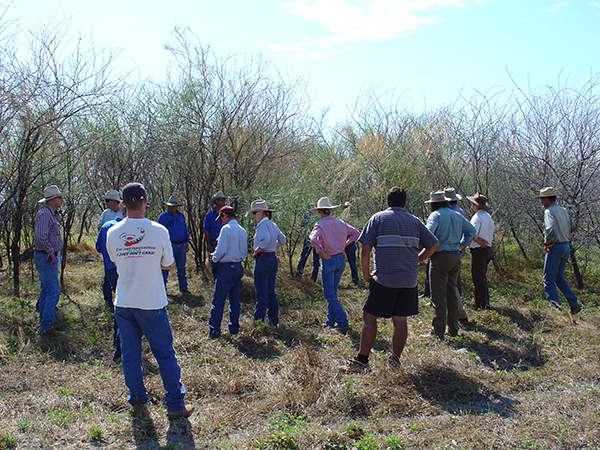
Barkly Landcare and Conservation Association, NT
For over a decade, Barkly Landcare and Conservation Association has been fighting the spread of the introduced weed parkinsonia in the Barkly Tablelands.
A threat to local cattle properties, it affects the area’s lake systems and waterways.
Partnering with the University of Queensland, the group have been integral in the manufacturing of Parkinsonia Di-Bak, a biological aid using naturally occurring fungal pathogens to induce dieback.
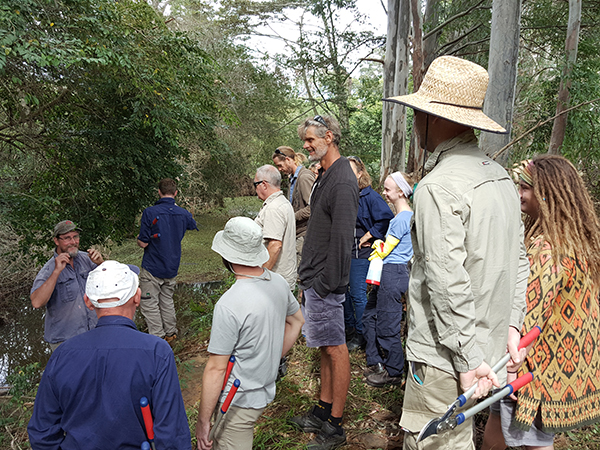
Lake Baroon Catchment Care Group, QLD
Lake Baroon Catchment Care Group (LBCCG) was founded in 1991 to improve water quality in the Baroon Pocket Dam, the most important source of water for the Sunshine Coast.
Supporting 34 farms, covering 1961 hectares, LBCCG’s programs have improved productivity for landowners while delivering broader environmental benefits.
Sustainable practices implemented by the group include fencing and revegetation of riparian zones, the installation of alternate livestock watering points and sustainable stream crossings, erosion and land instability repair, the removal of invasive weed species, and upgrades to effluent systems, feed pads and drainage.
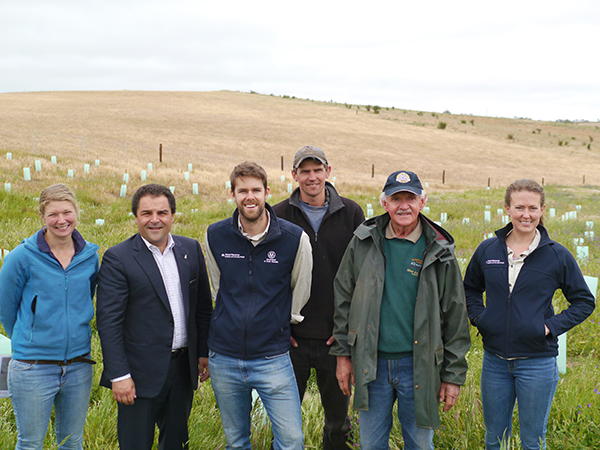
Barossa Improved Grazing Group, SA
Since their beginning, five years ago, Barossa Improved Grazing Group (BIGG) has brought integrated land management practices to around 50,000 hectares of grazing land in the Barossa Valley and Eastern Mount Lofty Ranges.
Working with over 400 beef, sheep and dairy producers their on-ground work includes the rollout of electric fencing across 400 hectares of sheep and cattle grazing land and watercourse rehabilitation via monitoring.
BIGG’s monitoring efforts proved particularly useful after the bushfires of 2014, assisting in the recovery of 20 producers affected by the fires.
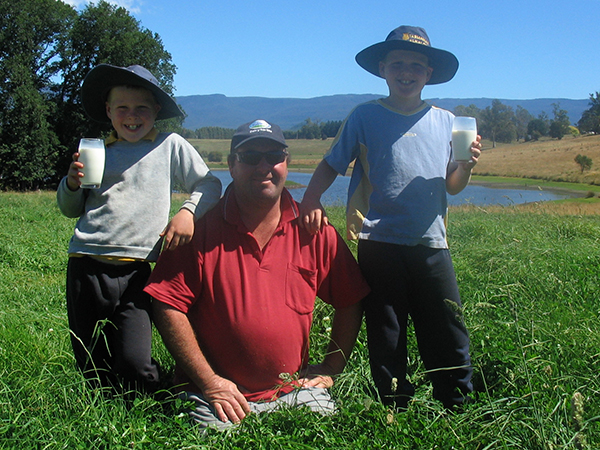
DairyTas Clean Rivers and Fert$mart Project Participants, TAS
The DiaryTas Clean Rivers and Fert$mart Project involves over 300 of the state’s 430 dairy farmers.
With a vision for all Tasmanian dairy farmers and their families to be able to drink the water that is downstream of their farms, the project has sought to spotlight fertiliser and effluent management practices that preserve water quality.
With the state’s dairy industry growing rapidly over the last 25 years, Tasmania now boasts the biggest average herd size in the country.
The project draws on lessons from countries such as New Zealand and the Netherlands, which have experienced a similar expansion.
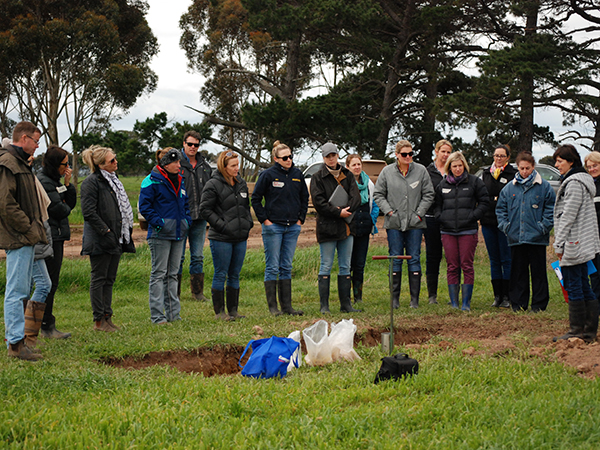
Woady Yaloak Catchment Group, VIC
Over the last 25 years, the Woady Yaloak Catchment Group (WYCG) has worked to improve vegetation, soil condition, groundcover management and waterway health.
The group began in 1993, combatting land salinity and wind erosion by increasing areas under perennial pasture.
Since then, 5600 hectares of saline land has been treated and fenced to manage grazing, 960,000 trees have been planted, and thousands of hours have been spent on erosion and rabbit control.
WYCG has also spearheaded a successful Women on Farms Program, helping women in farming to increase their knowledge.
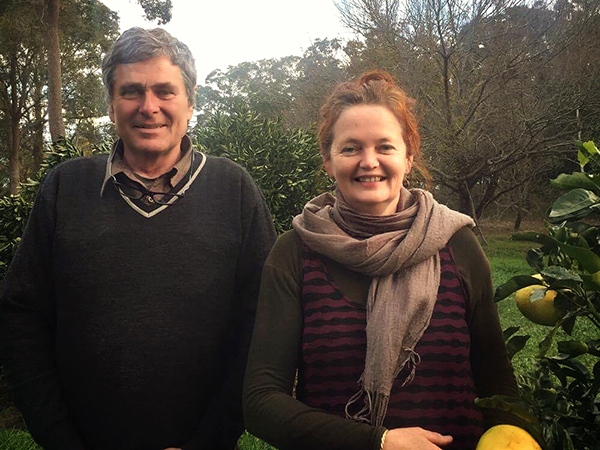
Stonemeal Farm, WA
Stephen and Kerry Frost are passionate about soil health.
Their property ‘Stonemeal Farm’ has hosted hundreds of farmers and researchers to share ideas on best practice and talk about the importance of soil biology.
The Frost’s use of mineral-based fertilisers has been integral to enhancing Stonemeal’s soil biology.
Their move to direct drilling of perennial grasses into established pasture has seen an increase in dung beetles and beneficial predatory insects on the property.



